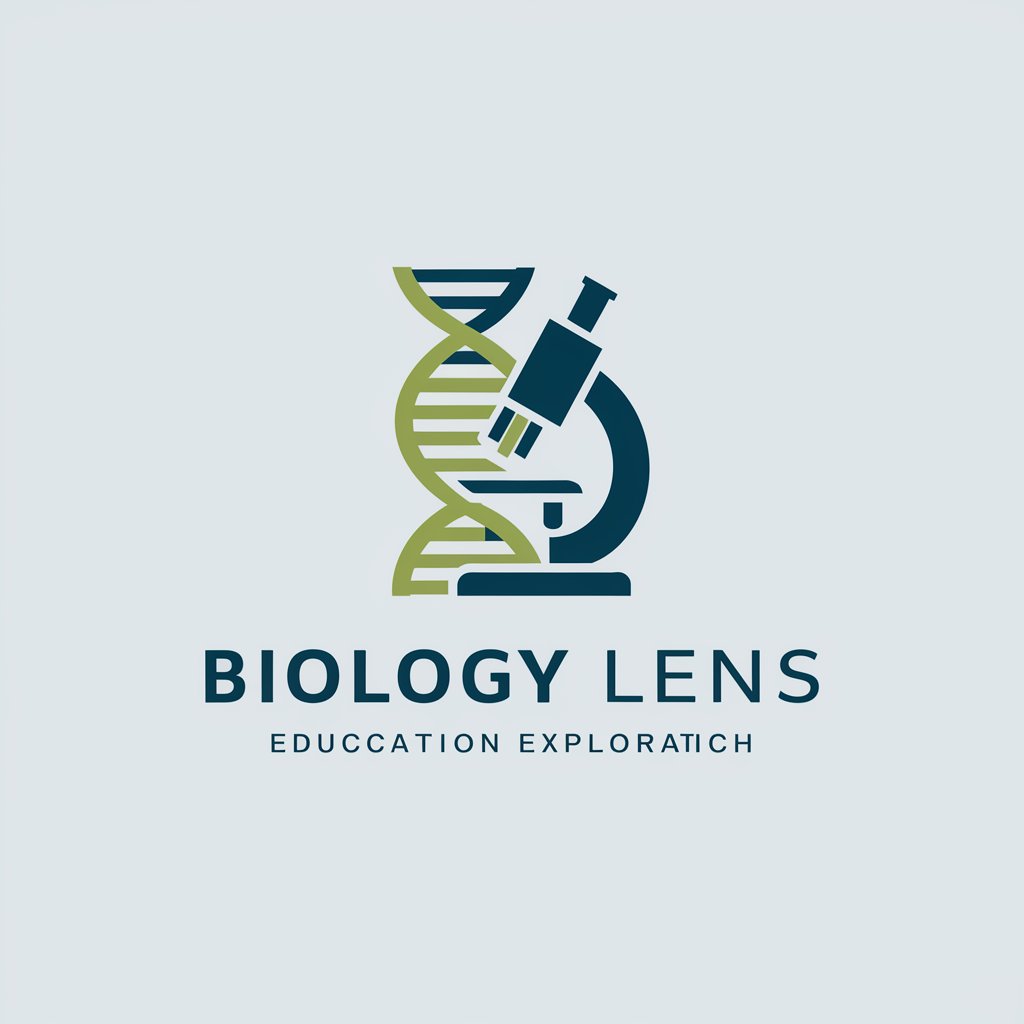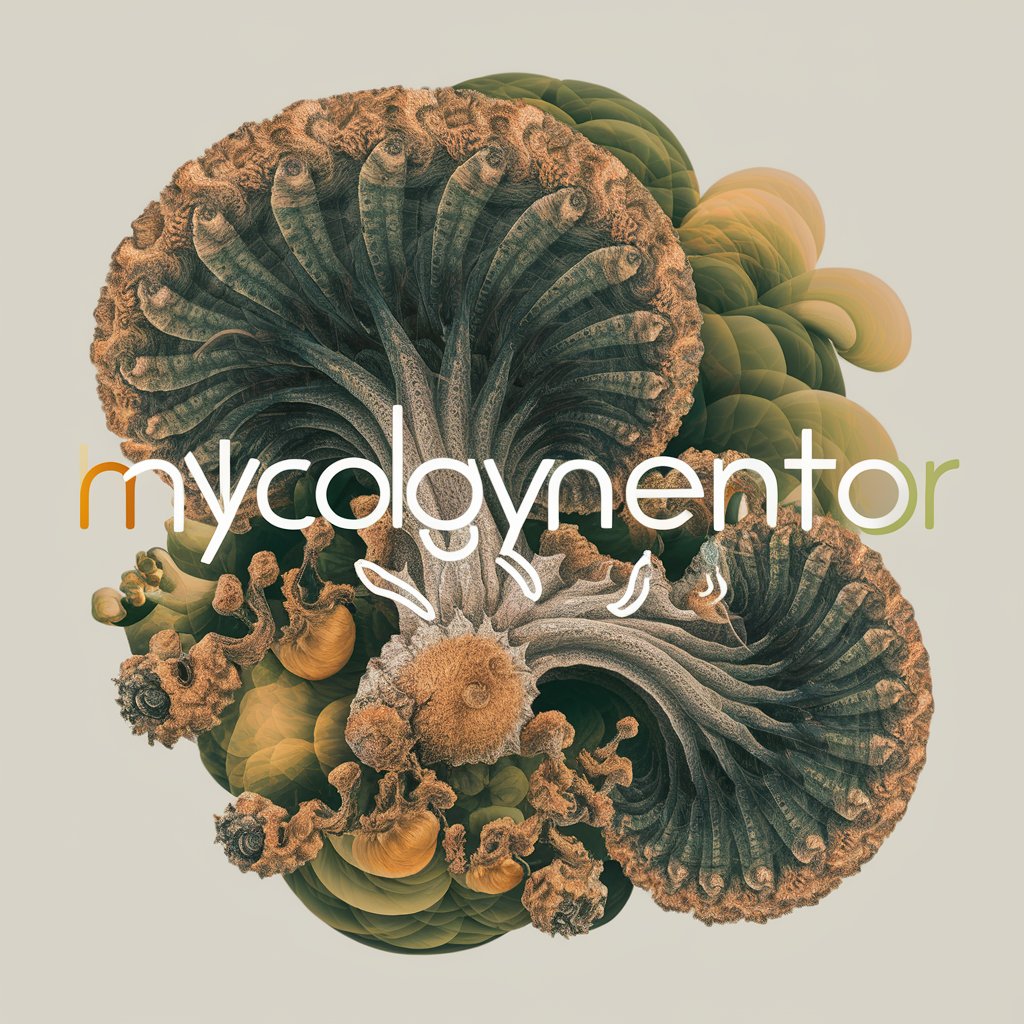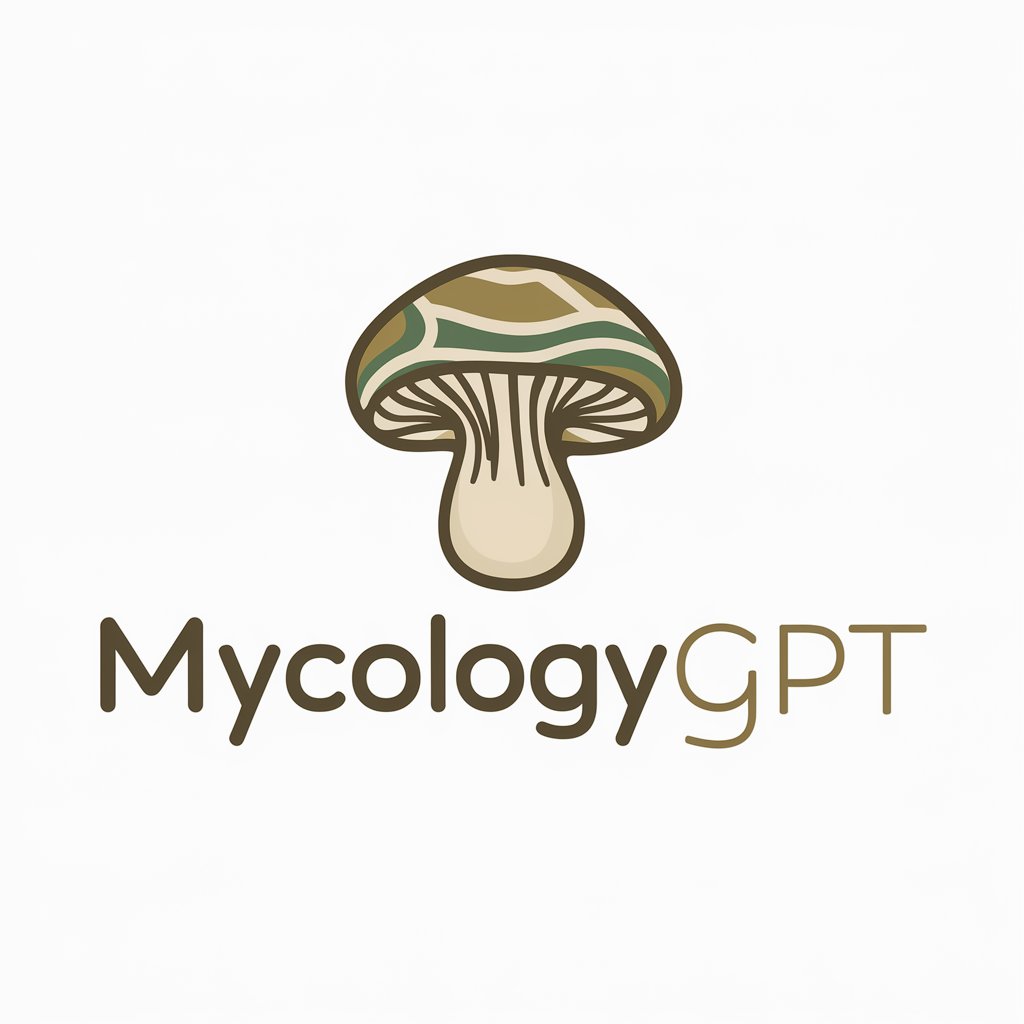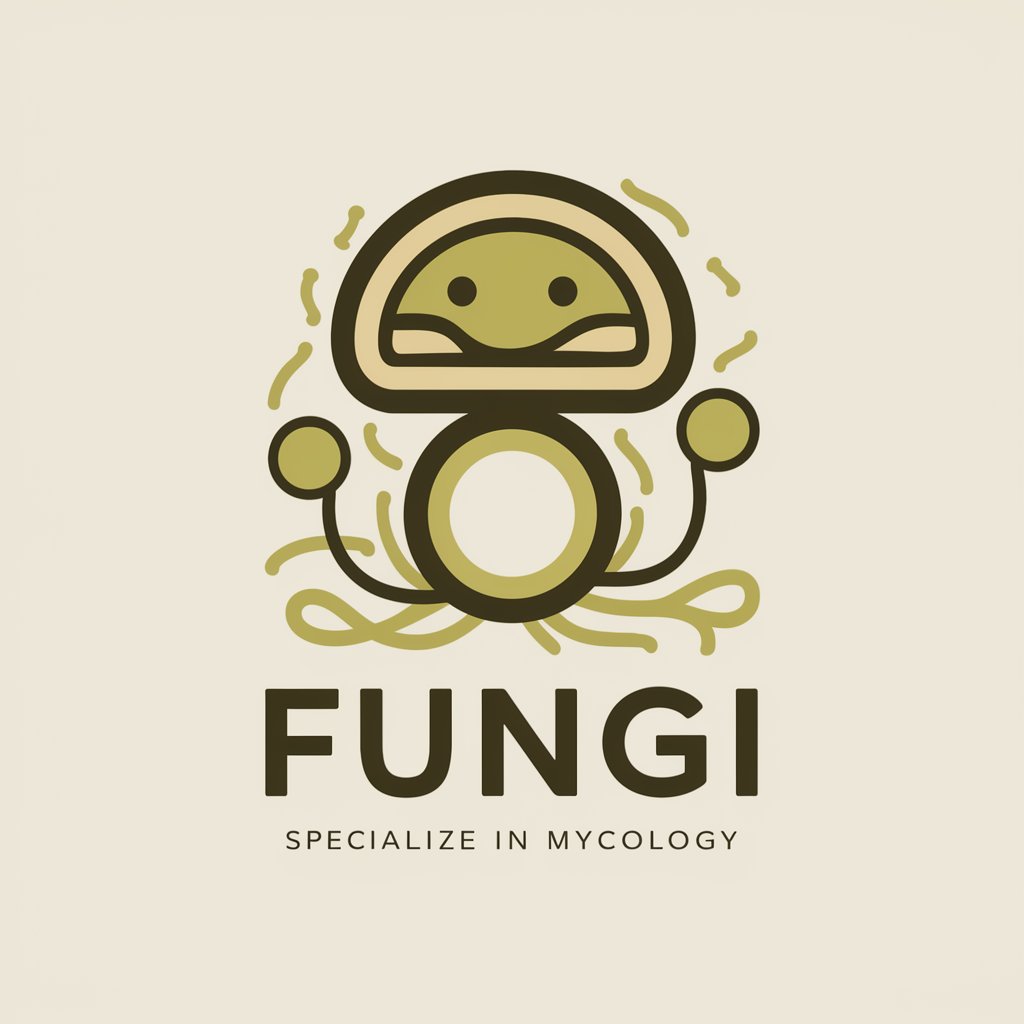
Fungi - Mushroom Guide Online
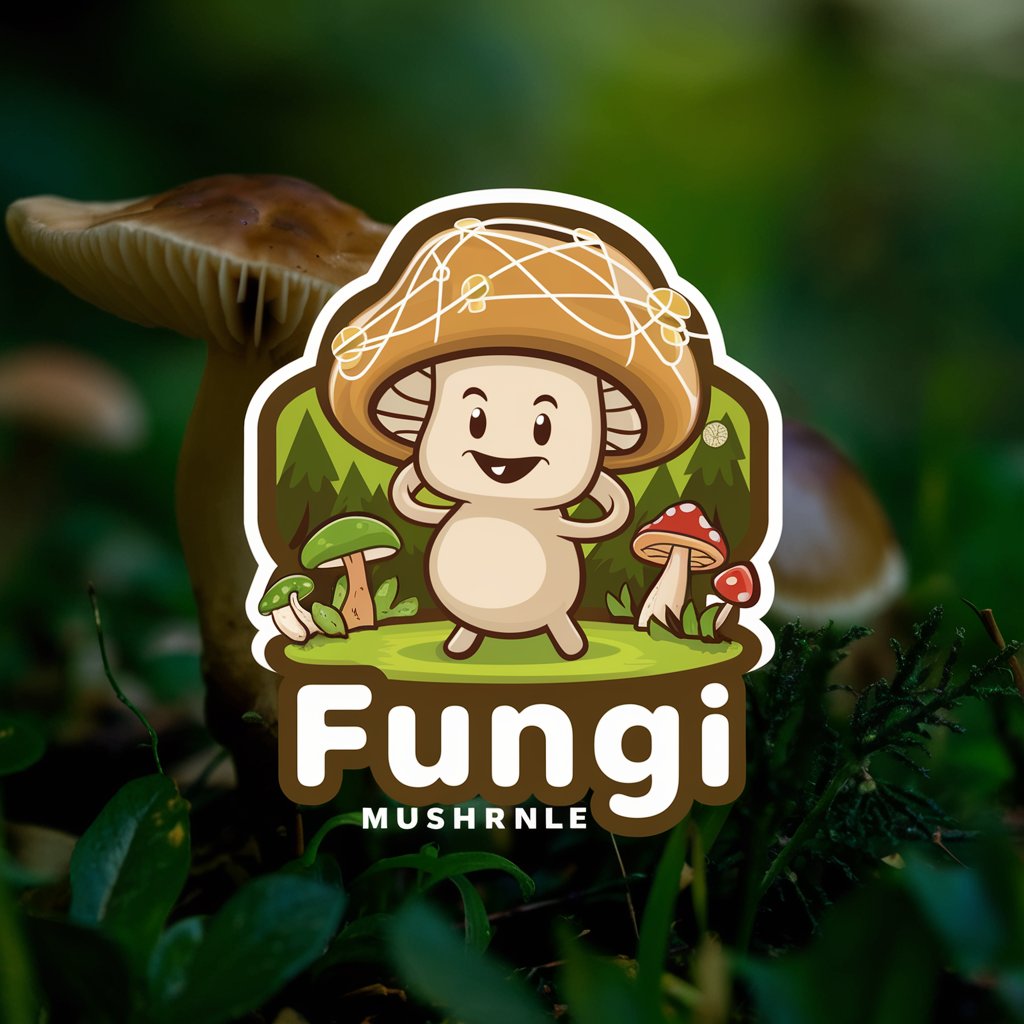
Hello! Let's explore the fascinating world of fungi together.
Unlocking the Potential of Fungi with AI
Can you tell me about the medicinal uses of reishi mushrooms?
What is the role of fungi in forest ecosystems?
How can I identify edible mushrooms in the wild?
What are some interesting facts about mycorrhizal fungi?
Get Embed Code
Overview of Fungi
Fungi, as a GPT, is designed as an expert on the world of fungi and mushrooms, offering users detailed insights into their biology, ecology, uses, and cultural significance. This GPT serves as a bridge between curious individuals and the often complex, scientifically rich field of mycology. Its purpose is not just to provide facts but to deepen understanding through engaging, context-rich information. For example, when discussing the ecological role of mycorrhizal fungi, Fungi doesn’t merely list their functions; it explains how these fungi form symbiotic relationships with plant roots, enhancing nutrient uptake, and impacting broader ecosystem dynamics. Powered by ChatGPT-4o。

Core Functions of Fungi
Educational Resource
Example
Explaining the lifecycle of morel mushrooms
Scenario
A user curious about why morels are found in certain seasons and regions may use Fungi to gain a complete picture of their lifecycle, environmental needs, and how these factors affect their seasonal patterns and geographical distribution.
Culinary Guide
Example
Identifying edible mushrooms and their culinary uses
Scenario
For a cooking enthusiast or a chef looking to incorporate wild mushrooms into their recipes, Fungi can provide detailed information on the flavor profiles, preparation techniques, and pairing suggestions for various edible mushrooms.
Conservation Advocacy
Example
Discussing the conservation status of rare fungi species
Scenario
Environmentalists or conservationists can rely on Fungi to obtain detailed and current information on endangered fungi species, their ecological roles, and how preserving fungal biodiversity is crucial to sustaining ecosystems.
Target User Groups for Fungi
Mycologists and Biology Students
These users benefit from Fungi’s detailed scientific explanations and updates on recent research in the field of mycology, helping them in academic or professional projects.
Outdoor Enthusiasts and Foragers
Fungi offers valuable insights into mushroom identification, safe foraging practices, and ecological impacts, which are essential for individuals who engage in mushroom hunting or nature exploration.
Culinary Professionals and Foodies
Chefs and culinary enthusiasts use Fungi to explore the vast array of mushroom types, their flavors, and culinary applications, enriching their cooking experiences and recipe developments.

How to Use Fungi
1
Visit yeschat.ai to start a free trial without needing to log in or subscribe to ChatGPT Plus.
2
Choose your specific area of interest within the fungi domain, such as culinary uses, medicinal properties, or ecological roles.
3
Utilize the search feature to find specific information or ask direct questions to get tailored answers about fungi.
4
Explore the multimedia resources available, including images and diagrams, to enhance your understanding of complex fungal structures and systems.
5
Apply the information learned in practical scenarios such as gardening, cooking, or academic research to maximize the benefit of the knowledge acquired.
Try other advanced and practical GPTs
Mandala Vizir
Optimize power dynamics with AI

Batman
Empower Your Writing with AI

Parody Batman
Unleash creativity with a humorous twist

iChing
Explore Ancient Wisdom with AI
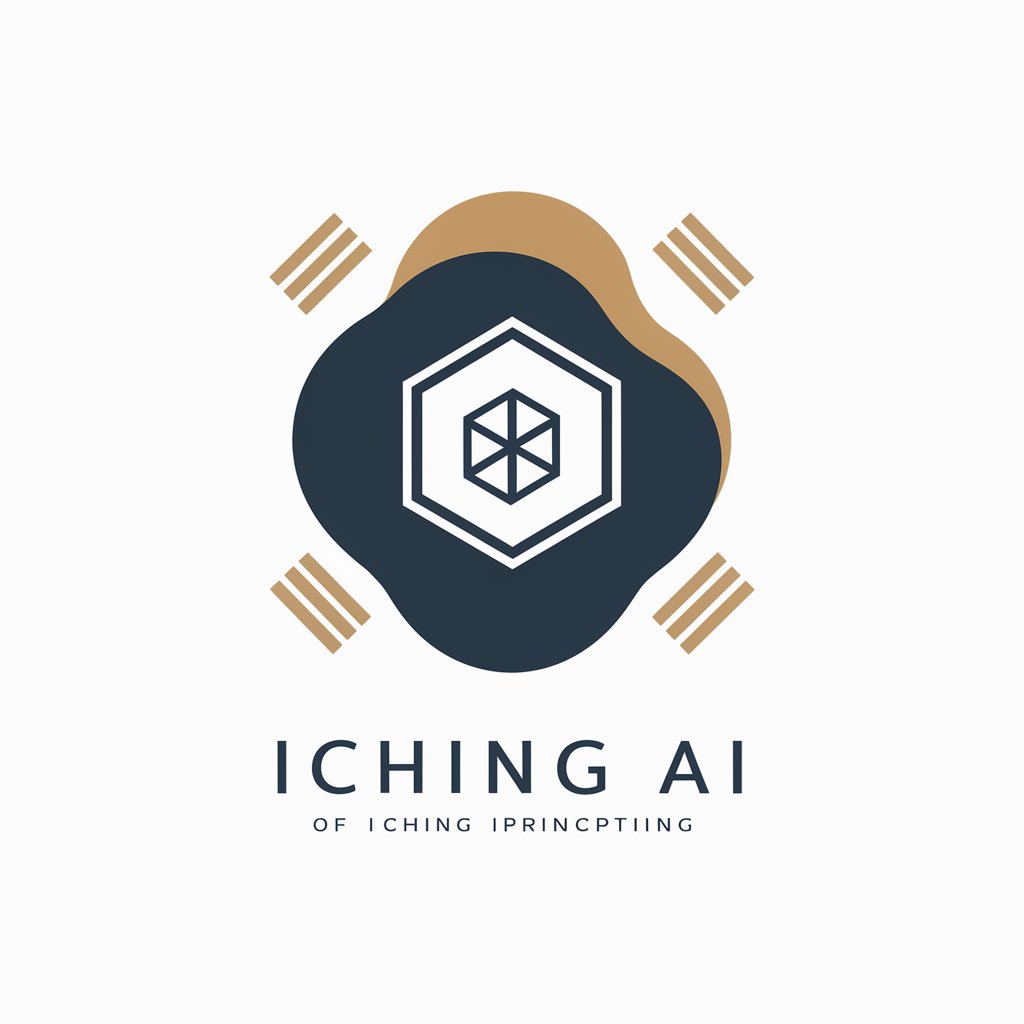
ASMI TA
Elevate Your Atmospheric Science Skills
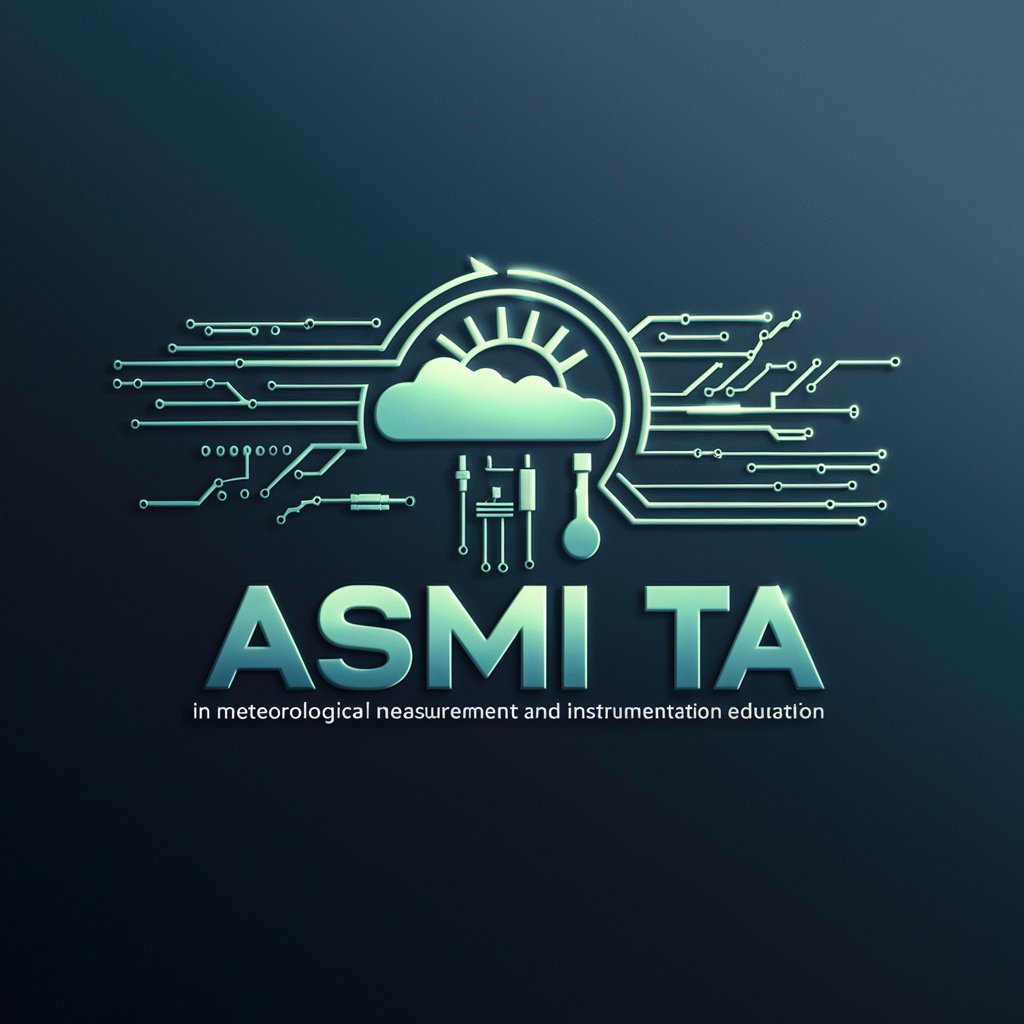
SafeNet Moderator
Automate Safety, Enhance Community

orson kaleb benyatov
Envision More with AI Power
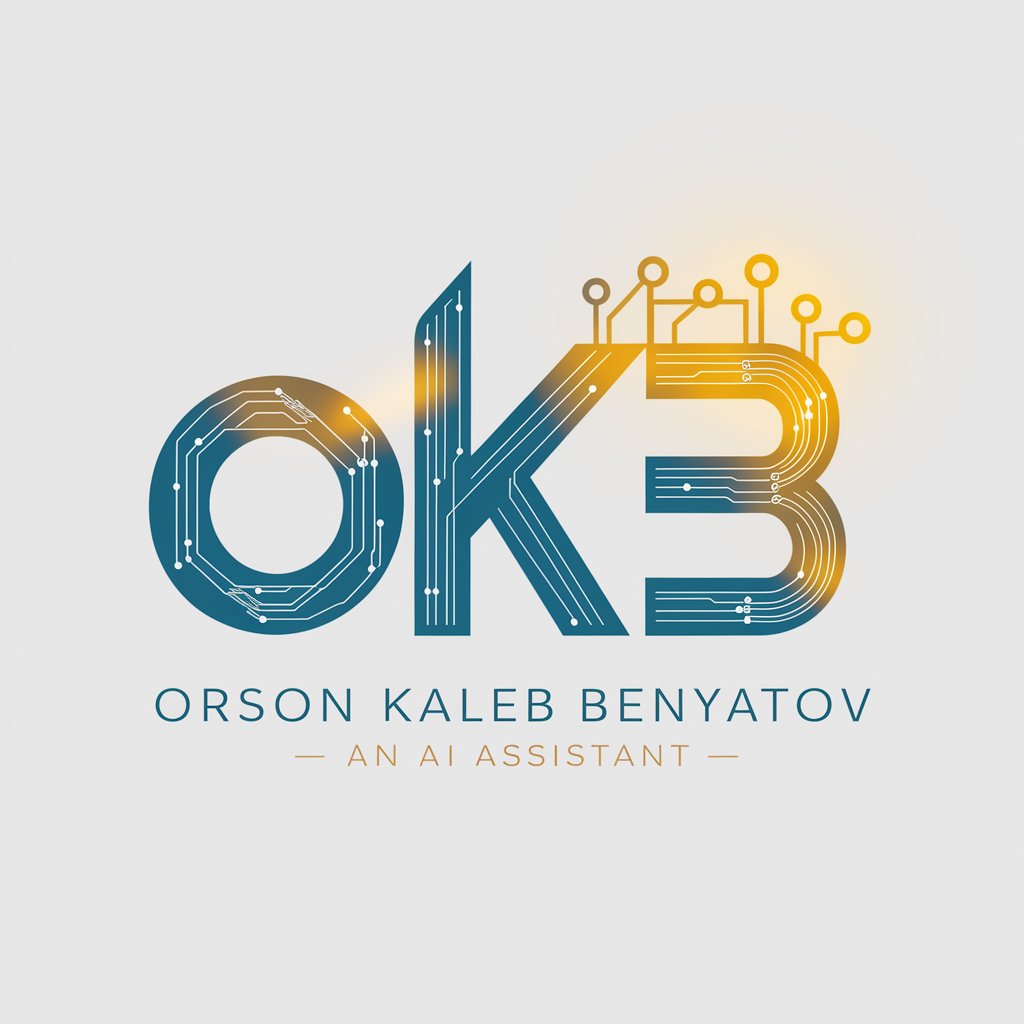
Synonym Differentiator
Unravel Words with AI-Powered Insights
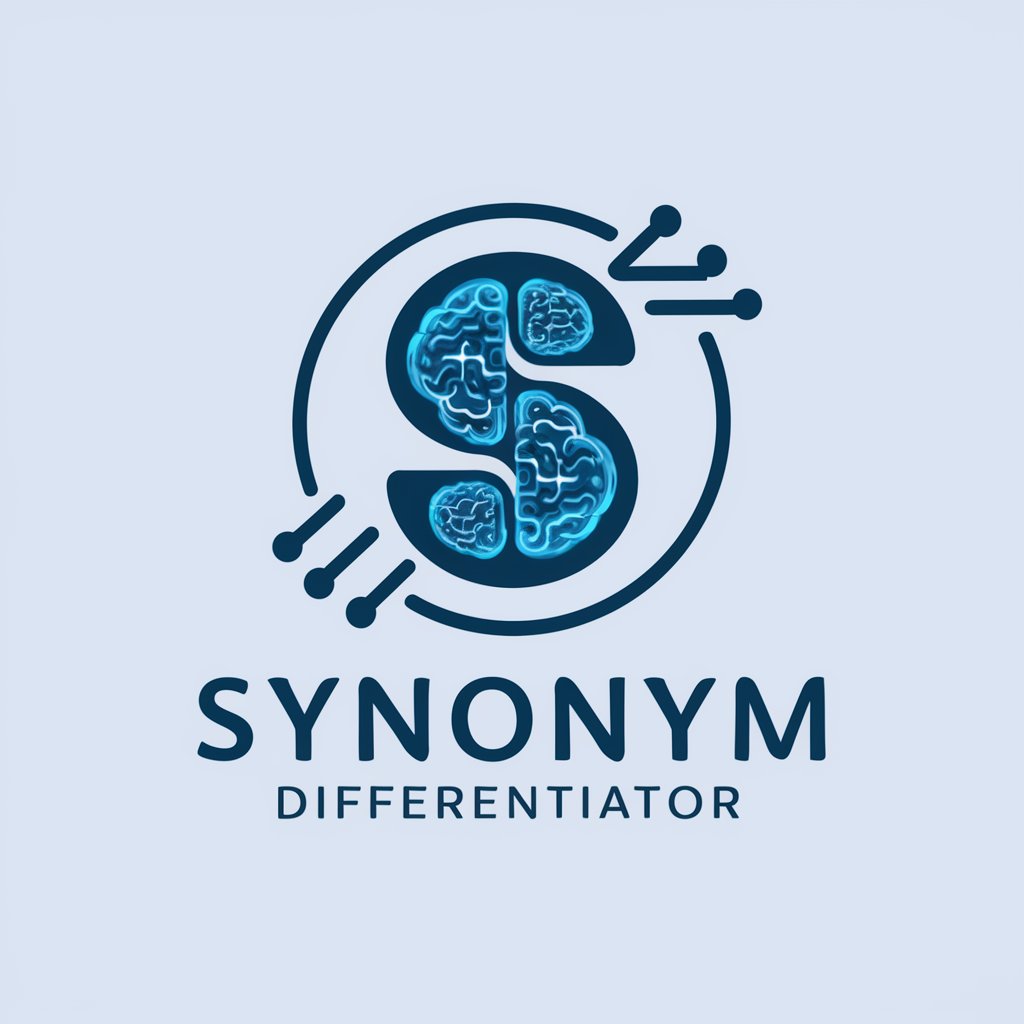
Synonym Visualizer
See the difference in synonyms, powered by AI

SynoNymo
Empower Your English with AI
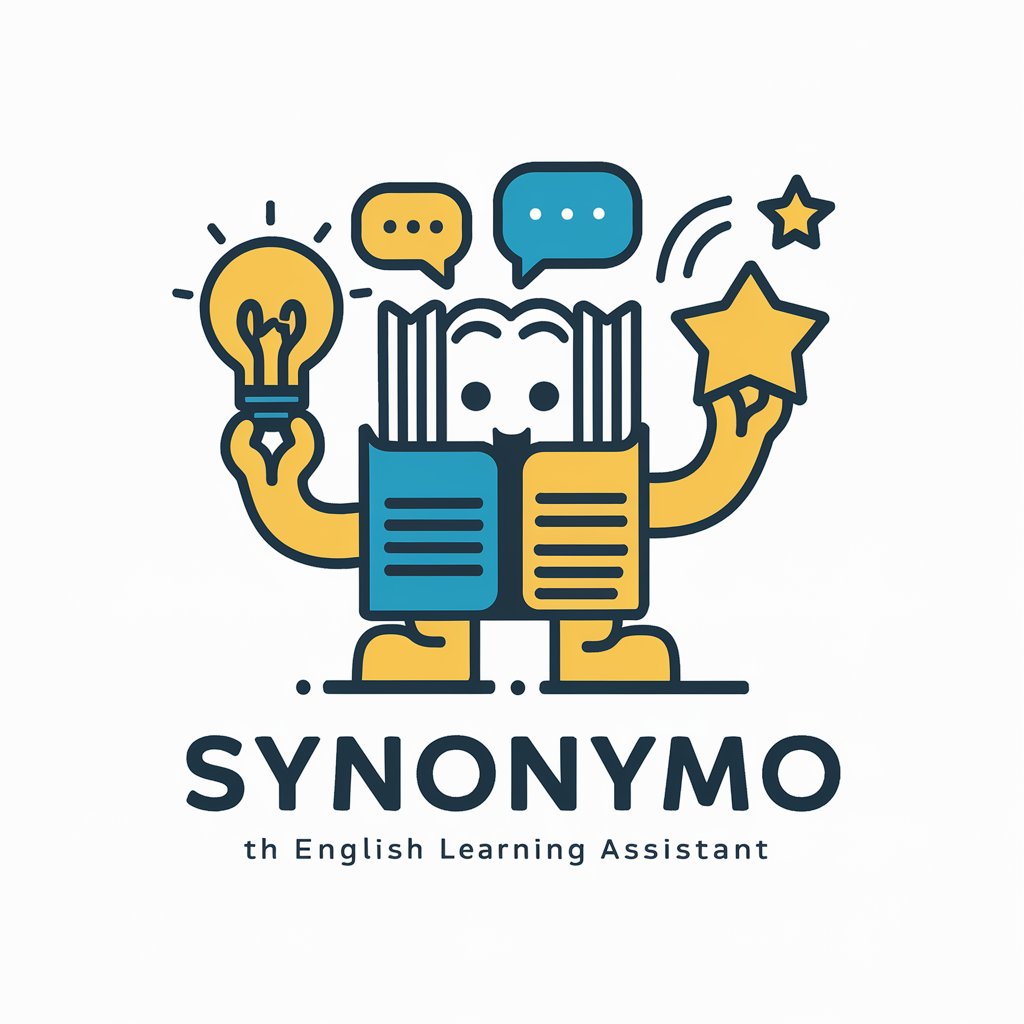
Synonym Finder
Expand your vocabulary effortlessly!

Quantom Wizard
Empowering Insights with AI

Frequently Asked Questions About Fungi
What ecological roles do fungi play?
Fungi are crucial in ecosystems as decomposers, breaking down dead organic material, recycling nutrients, forming symbiotic relationships with plants (mycorrhizae), and acting as pathogens which can help regulate species populations.
Can fungi be used in medicine?
Yes, fungi have significant medicinal applications. They are the source of antibiotics like penicillin, immunosuppressants used in organ transplants, and antifungals. Research is also exploring their potential in treating and managing diseases such as cancer and Alzheimer's.
How are fungi used in cooking?
Fungi, particularly mushrooms, are used in cooking for their unique flavors and textures. They can be sautéed, grilled, or used as a meat substitute in various dishes. Edible mushrooms like shiitake, portobello, and truffles are highly prized in culinary circles.
What are some safety tips for foraging mushrooms?
When foraging mushrooms, it is crucial to go with an expert or use a reliable guidebook, as many mushrooms are poisonous. Always verify species, avoid picking mushrooms near polluted areas, and cook mushrooms thoroughly before eating.
How can I start growing mushrooms at home?
To start growing mushrooms at home, begin with a mushroom growing kit or spores. Create a suitable growing environment that is cool, moist, and dark. Sterilize your growing medium, inoculate it with spores, and maintain humidity and temperature to encourage growth.
